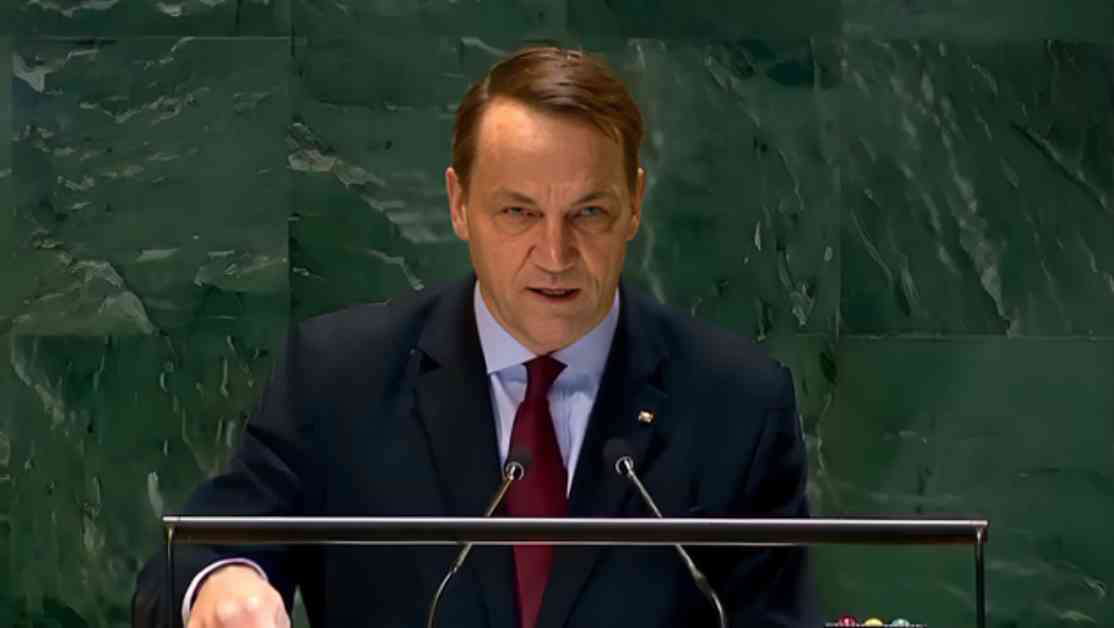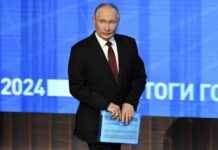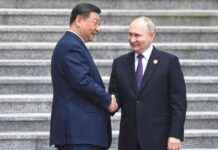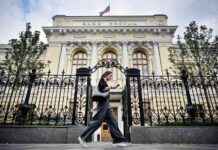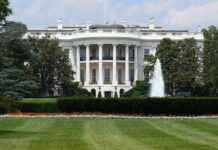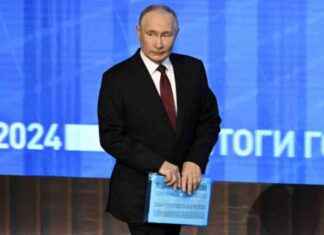Polish Foreign Minister Radosław Sikorski recently made a powerful statement at the United Nations General Assembly, emphasizing Poland’s unwavering support for a stable and just peace in Ukraine. The seasoned diplomat stressed that a Russian victory in the ongoing conflict could have dire consequences for global security. With a bold and impassioned speech, Sikorski delivered a scathing rebuke of Russia’s actions in Ukraine, cautioning against appeasement and normalizing relations with Moscow.
Championing Peace with Justice
During his address, Sikorski underscored the importance of supporting Ukraine in its courageous defense against aggression. He emphasized the need for peace that is not only stable but also just for the victims of the conflict. The Foreign Minister’s words resonated with a sense of urgency and solidarity, as he highlighted the critical role of member states in upholding international peace and security.
Sikorski’s poignant remarks reflected Poland’s firm stance on the Ukraine crisis, rejecting calls for a return to “business as usual” with the Russian government. By condemning Russia’s actions as a “modern-day colonial war,” he warned against compromising security and economic stability by engaging with an autocratic regime. The Foreign Minister’s eloquent defense of Ukraine’s sovereignty and historical significance served as a poignant reminder of the country’s rich heritage and enduring spirit.
Global Ramifications of Russian Aggression
Beyond the immediate conflict in Ukraine, Sikorski highlighted the broader implications of a Russian victory, pointing to Moscow’s ambitions beyond Europe. He drew attention to the presence of Kremlin-linked mercenaries in various regions, underscoring Putin’s expansive agenda and the need for a unified international response. By shedding light on Russia’s disruptive actions in Africa, Latin America, and Asia, the Foreign Minister painted a stark picture of the far-reaching consequences of unchecked aggression.
In response to dismissive remarks by the Russian ambassador, Sikorski passionately defended Ukraine’s sovereignty and historical legacy. Rejecting the notion of Ukraine as a mere “project,” he emphasized the country’s distinct identity, language, and aspirations. By challenging Russia’s attempts to diminish Ukraine’s significance, Sikorski reaffirmed the importance of respecting national sovereignty and upholding the principles of self-determination.
As the world watches the ongoing conflict unfold, Sikorski’s voice echoes a call to action, urging global leaders to stand in solidarity with Ukraine and reject the normalization of aggression. By shining a light on the human cost of the war, from civilian casualties to the abduction of children, the Foreign Minister underscored the urgency of defending Ukraine’s future and preserving its independence.
The stakes are high, and the need for a united front against aggression is more pressing than ever. As Sikorski’s impassioned plea reverberates through the halls of the United Nations, it serves as a stark reminder of the enduring power of diplomacy, solidarity, and unwavering commitment to peace with justice. The world looks to leaders like him for guidance and inspiration in these turbulent times.
